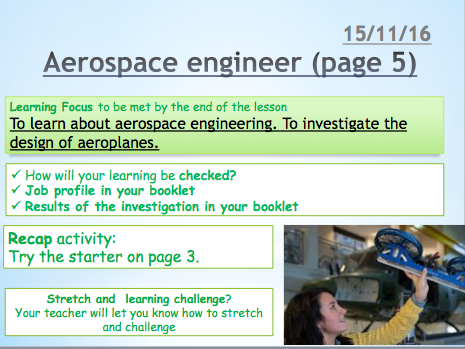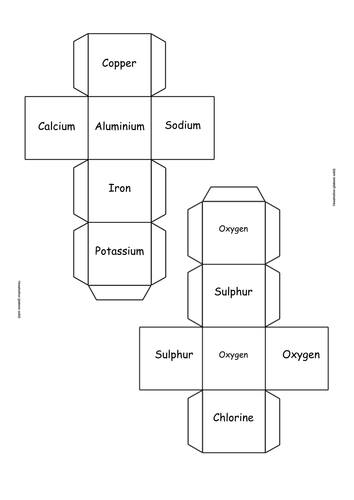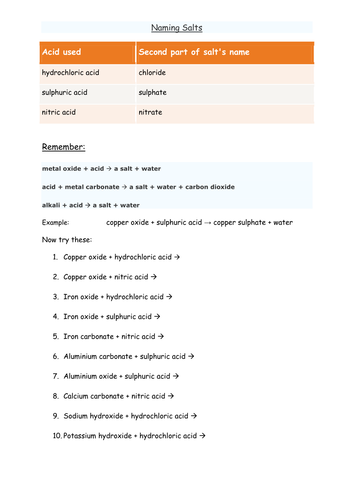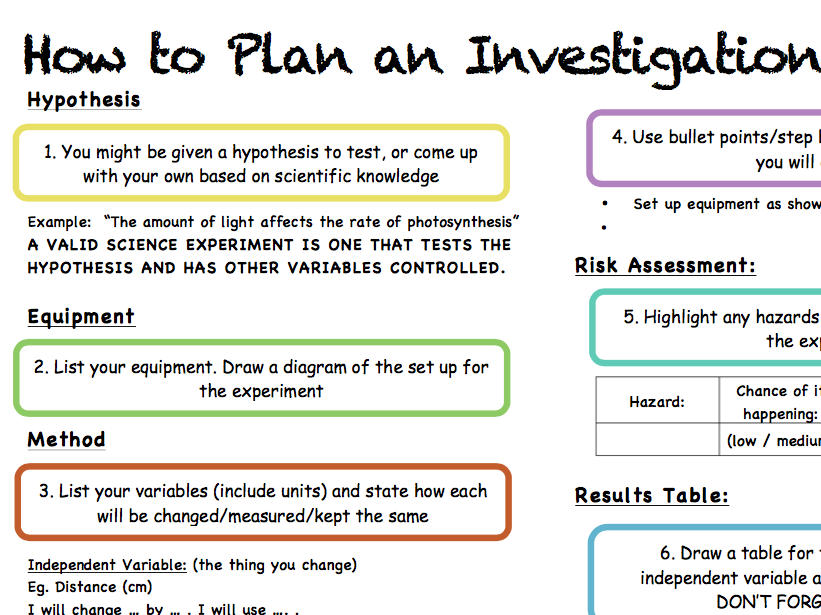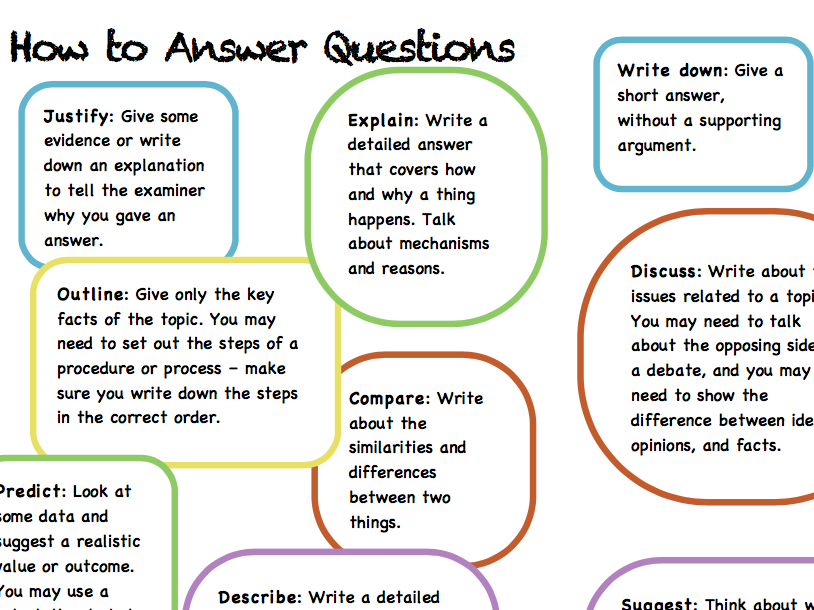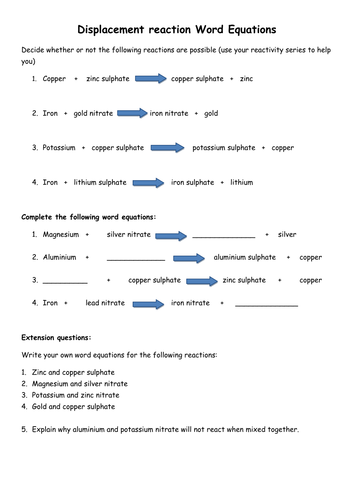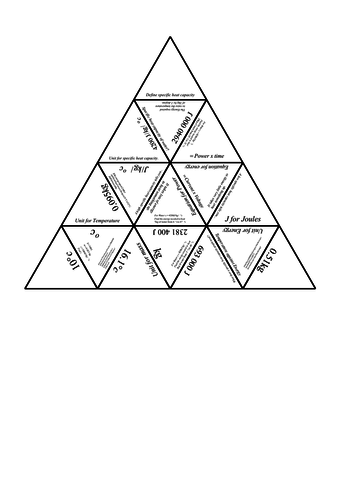
87Uploads
60k+Views
11k+Downloads
Chemistry

Practical Science Careers project
A series of 8 practical activities, put into the context of careers in Science. This is aimed at KS3 students, introducing some practical skills.
Aims of the project: To learn about some careers in Science, and to try some out. To develop investigation skills as required in the KS4 core practical’s included at GCSE.
Students get to experience being an Aerospace engineer by designing and testing paper planes, a Biochemist by testing urine samples, a Biomedical scientist by testing different anti bacterial soaps, a Chemical engineer by investigating recipes for bouncy balls, a Civil engineer by designing and testing bridges, a Forensic scientist by taking and analysing finger prints, a Mechanical engineer by making cotton reel motors, and a Pyrotechnic technician, by testing firework colours and making sparklers.
Each includes a job profile page to be filled out using the national careers service website to provide context for the lesson.
Also included is a handy technician guide.
This is designed to be handed out as a student booklet, with each career taking around 2 single hour lessons to complete, aimed at KS3 students. Students develop their investigation skills, as well as learning about some different careers in Science.

Simple chemical reaction word equations dice
Students make 2 dice, one with names of metals, one with 'oxygen', 'sulphur' and 'chlorine'. They roll the dice, and write out the word equations.
Nice introduction to word equations for KS3.

Naming salts worksheet
A differentiated worksheet to help students understand how salts are named, and practise writing word and symbol equations for reactions between:
metal oxides and acids,
alkalis and acids,
and metal carbonates and acids.

How to plan an investigation / experiment in Science
A help sheet to tell students about how to plan a Scientific investigation or experiment.
I've laminated these, and put them in a folder on the display board so students can help themselves if they need additional support.

Le Chatelier's Principle
A worksheet on Le Chatelier's principle. Students have to describe what the diagrams show.

How to answer questions help sheet - science command words
A help sheet to tell students about command words used in Science questions.
I've laminated these, and put them in a folder on the display board so students can help themselves if they need additional support.

How to draw a graph Science help sheet
A help sheet to tell students about how to draw and interpret a graph.
I've laminated these, and put them in a folder on the display board so students can help themselves if they need additional support.

Displacement reactions word equations
A worksheet to help students practise displacement reactions.
They can decide whether a reaction will take place using the reactivity series, practise writing out displacement reactions, and finally explain why a reaction won't take place.
Bundle

How to's
A collection of help sheets to support students in answering questions, drawing and interpreting graphs, and planning scientific investigations.
I've laminated these and put them in a folder on my display board so that students can help themselves when they need more support.
Bundle

Salts and word equations
A few resources to help students understand how to write word equations. This includes reaction dice, a worksheet on naming salts, and a displacement reaction worksheet.

Specific heat capacity puzzle
A Tarsia puzzle on Specific heat capacity. Includes units, and equation questions to test concept and maths.
Works well as a class competition, or would make a nice display.
Pupils cut out puzzle pieces to complete one each I’ve included a solution as well.

Atoms true or false
This is a true/false activity to introduce atoms. It includes 10 questions to get your students thinking about the size of atoms, and their structure.
I’ve used this in KS3 to introduce the atom, and right through to year 11 as a recap of previous knowledge.

